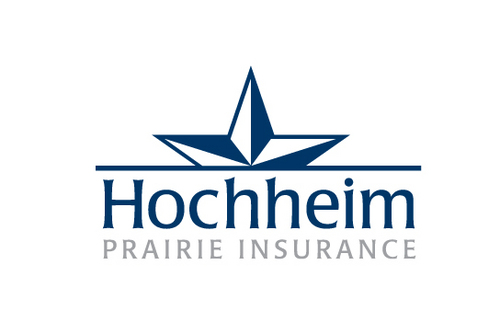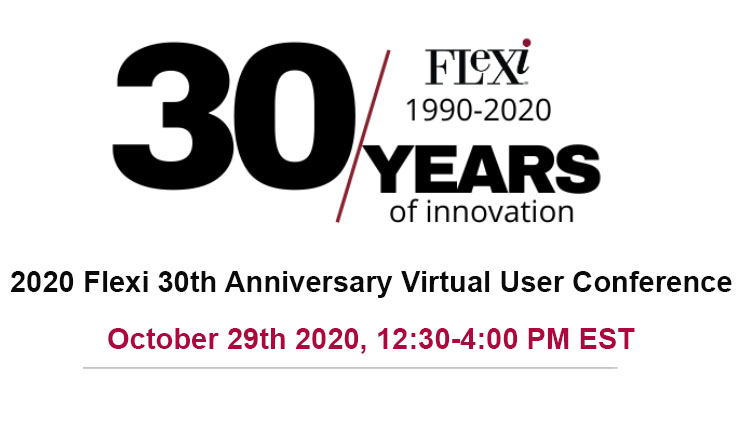In 1982, singer Steve Miller had a chart-topping song called Abracadabra. The last time Form 1099-NEC saw the light of day? It was as well, 1982. Can you guess which one of these two things is making a comeback? Luckily, it’s not the song, it was pretty bad. However, for Form 1099-NEC it is making its return in the 2020 tax year.
For the last few decades, business owners have been responsible for using Form 1099-MISC to report nonemployee compensation. But with Form 1099-NEC, employers can say hello to a revamped form and goodbye to reporting nonemployee compensation on Form 1099-MISC.
Form 1099-NEC, which stands for Nonemployee Compensation, is a form that solely reports, wait for it… nonemployee compensation. Form 1099-NEC however, is NOT a replacement for Form 1099-MISC. Form 1099-NEC is only replacing the use of Form 1099-MISC for reporting independent contractor payments.
What does this mean?
Form 1099-MISC, Miscellaneous Income, is an information return that businesses use to report payment types, such as payments made to independent contractors. You can also use Form 1099-MISC to report other payments, like royalties and rents. Form 1099-MISC is like Form W-2 but for independent contractors and thus independent contractors use Form 1099-MISC to make tax payments based on what businesses paid them during the year.
Why are they bringing this form back?
Before the Protecting Americans from Tax Hikes Act (PATH Act), taxpayers could file one Form 1099-MISC to report nonemployee compensation and miscellaneous income items by February 28 each year. In 2015, the PATH Act changed the Form 1099-MISC due date to January 31 for reporting nonemployee compensation.
Because of the due date change for nonemployee compensation, taxpayers had to begin separating nonemployee compensation using two Forms 1099. This change not only caused a lot of confusion for employers and taxpayers, but it also caused the IRS to mistakenly treat forms received after the January 31 deadline as late returns. The IRS has brought back Form 1099-NEC to separate nonemployee expenses and clear up the confusion.
A couple of caveats
It is important to note that the 2020 Form 1099-MISC and the 2020 Form 1099-NEC are to be used for reporting payments made in 2020 during the 2021 tax season. Do not use these forms for reporting 2019 payments during the 2020 tax season. In addition, do not use Form 1099-NEC to report personal payments. It is only to be used for payments if you are in a trade or business for profit. Form 1099-NEC must be given to nonemployees by January 31, the year after the reporting year. For example, you must give 2020 forms by Feb. 1, 2021 (because Jan. 31, 2021, is a Sunday). The forms must be filed with the IRS before Feb. 1, 2021.
The bottom line is this: Fill out Form 1099-NEC if you have any workers you paid $600 or more to in nonemployee compensation and if you’re going to listen to anything from 1982, you can’t go wrong with maybe some Eddie Money or Stevie Wonder.
For more information on how Flexi software can help your company power through your accounting challenges, reach out to us 24/7 because as you know accounting never sleeps! Happy Filing.












